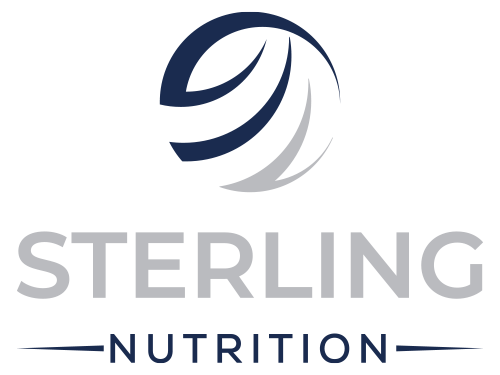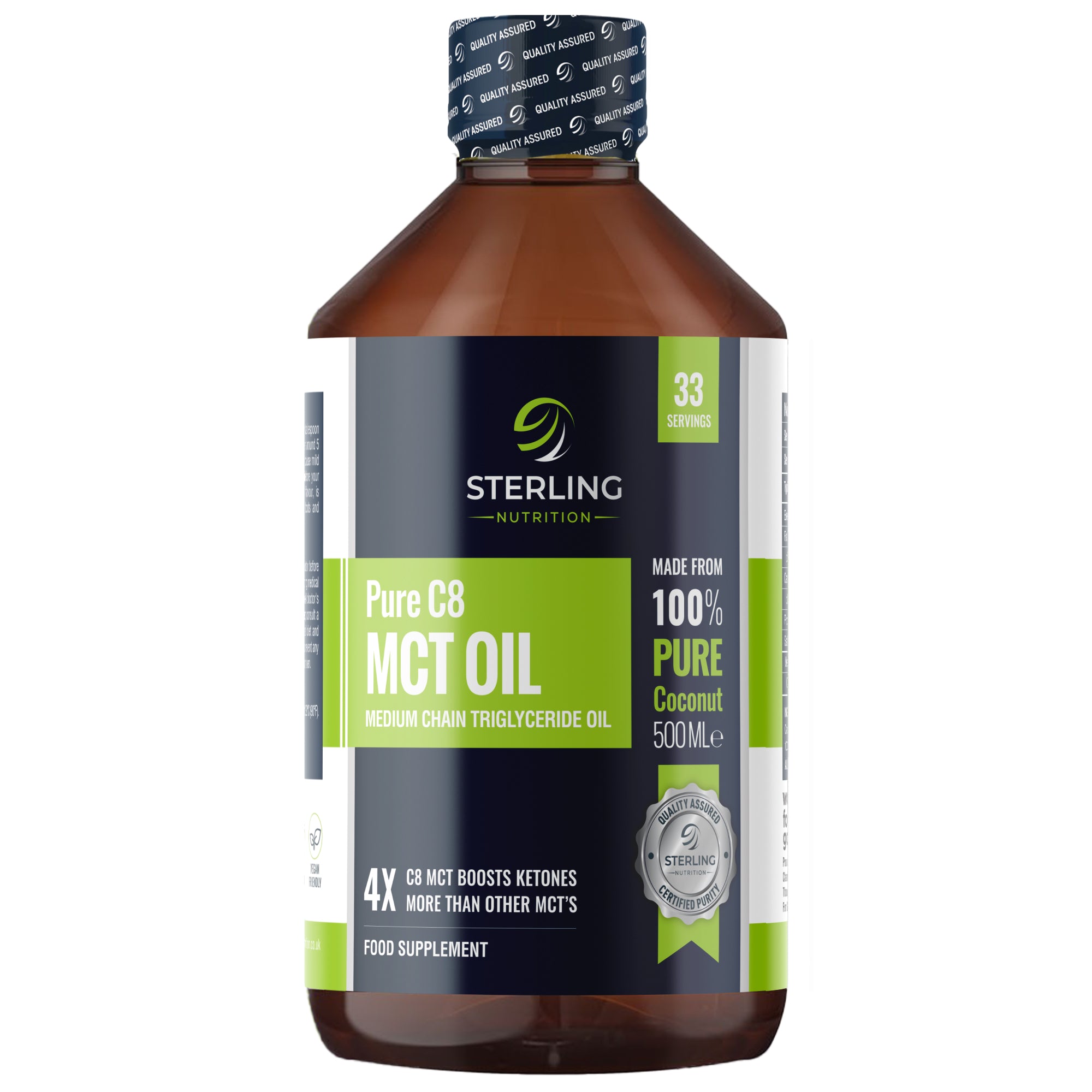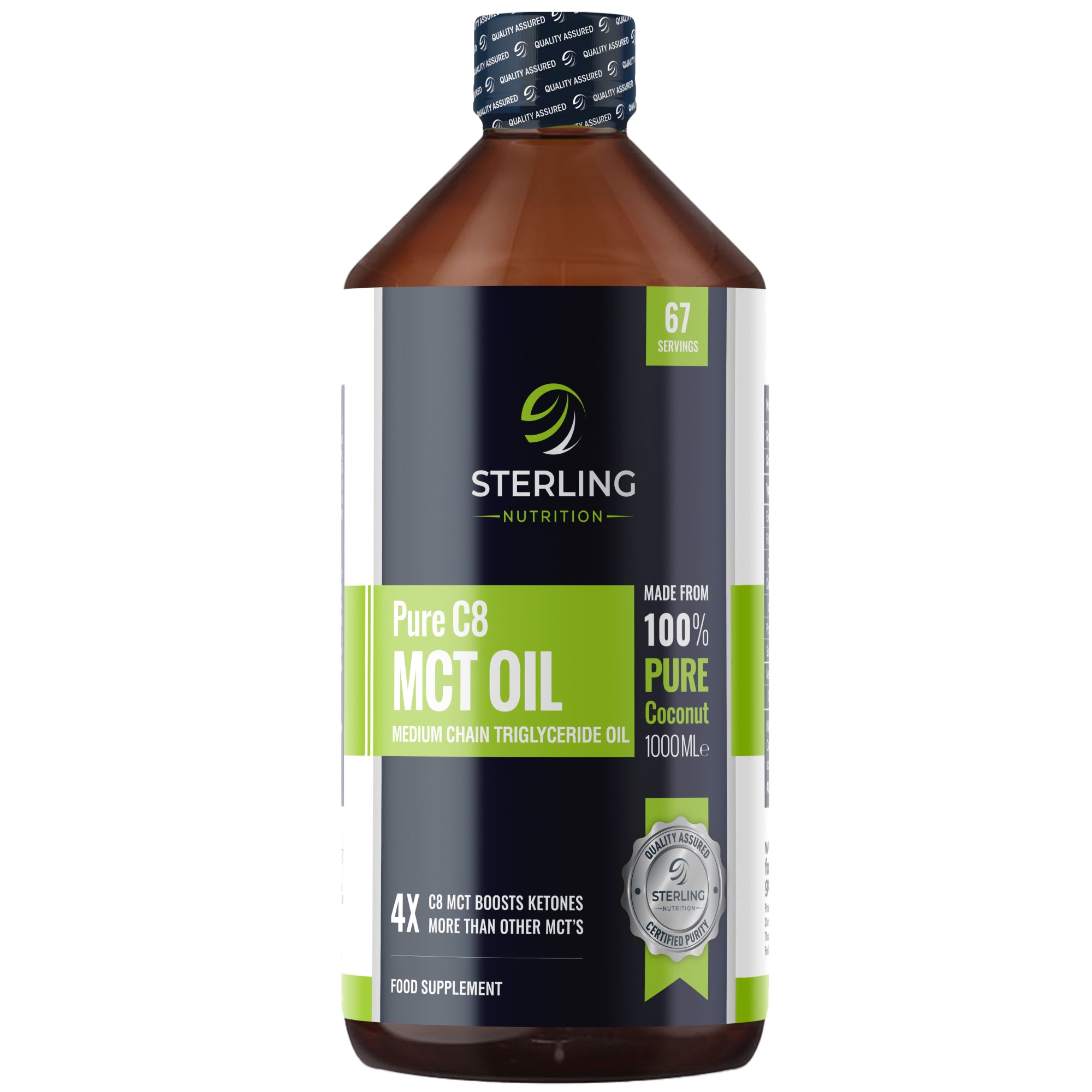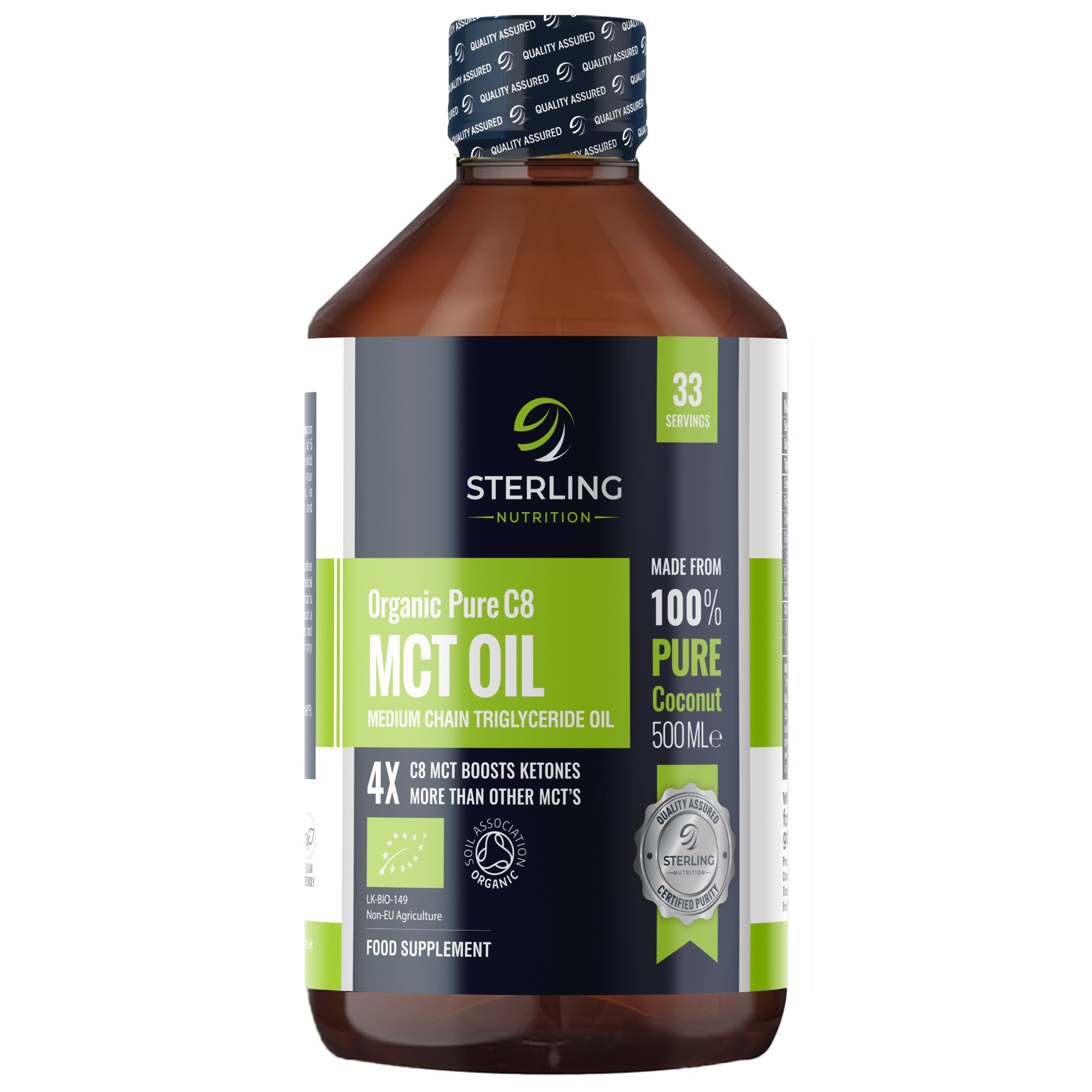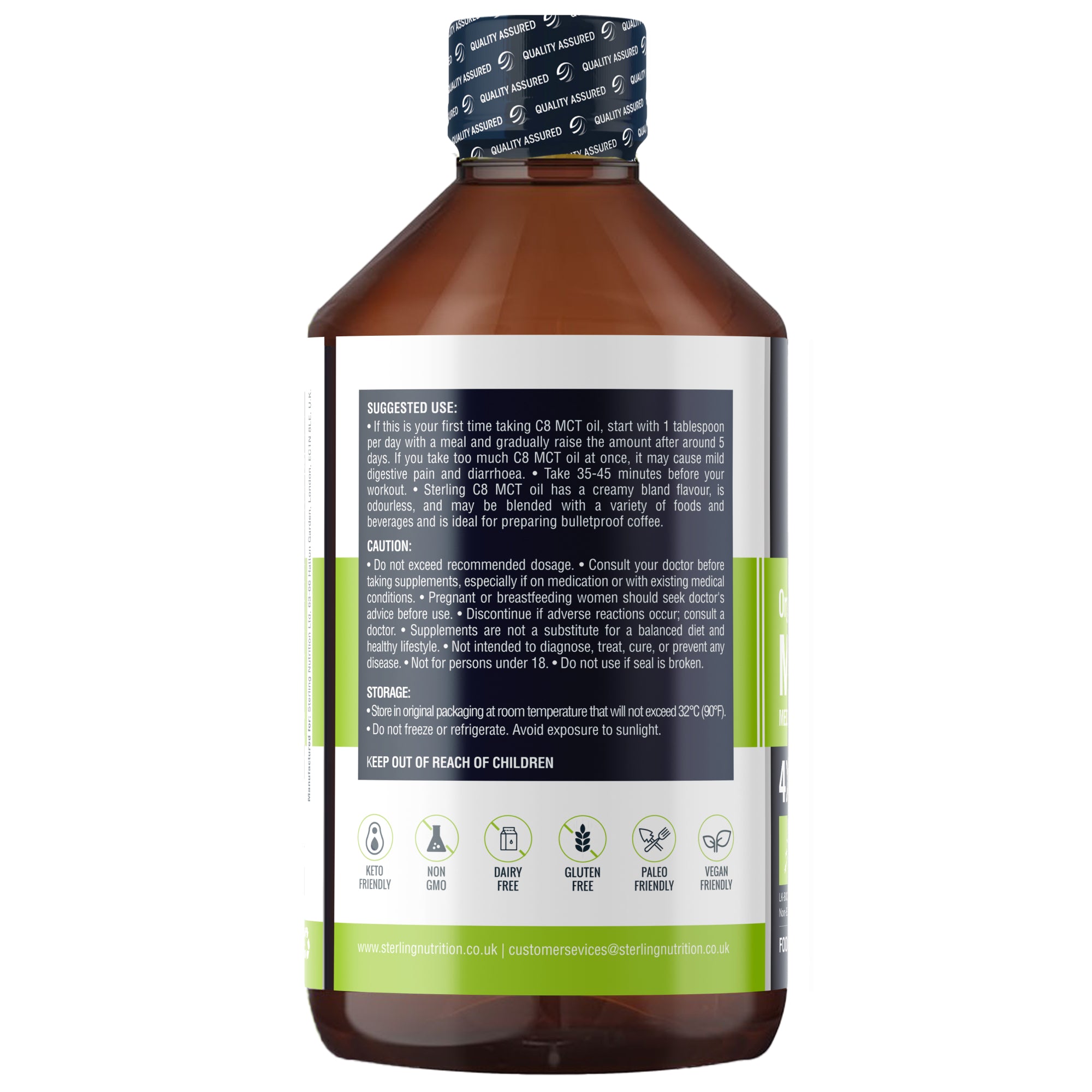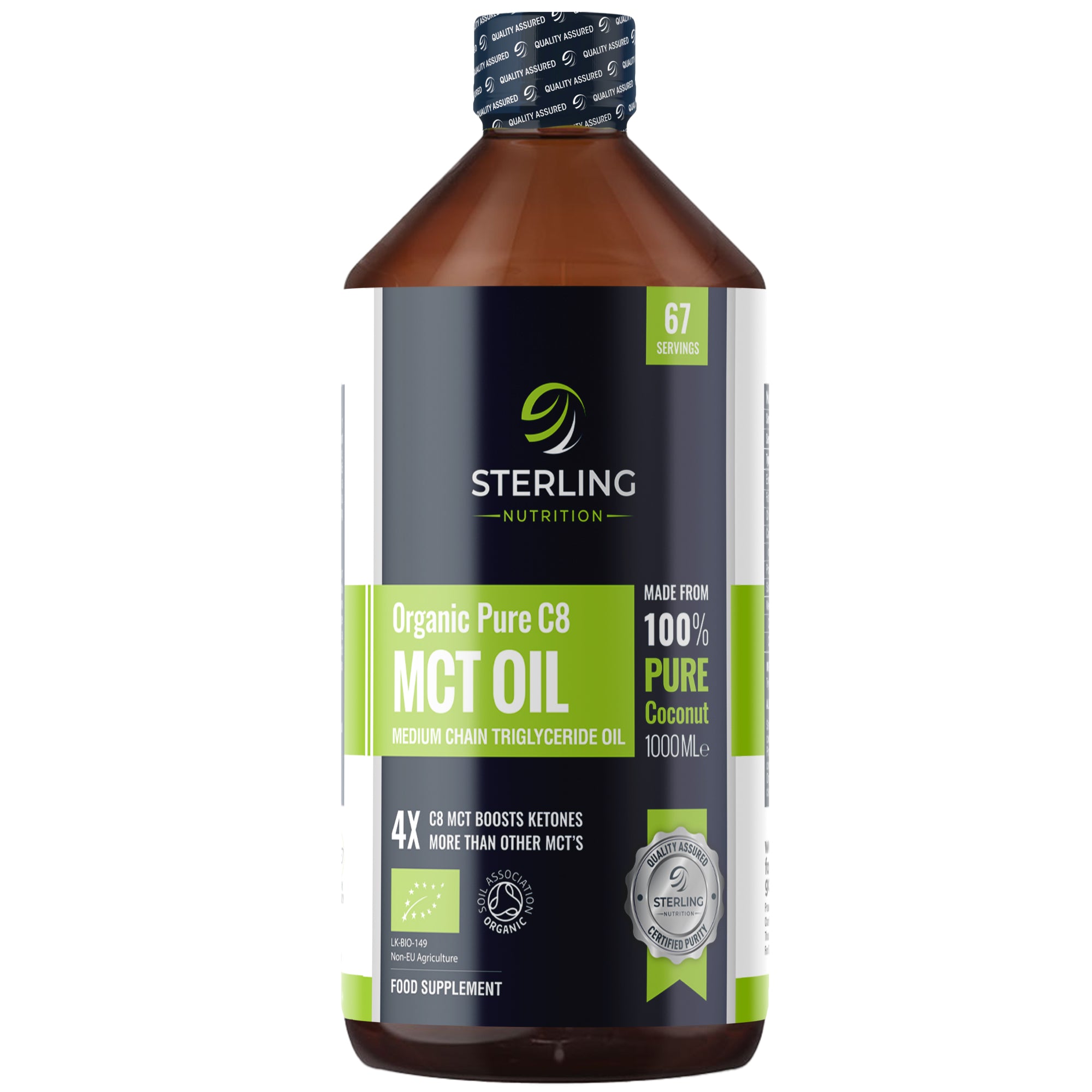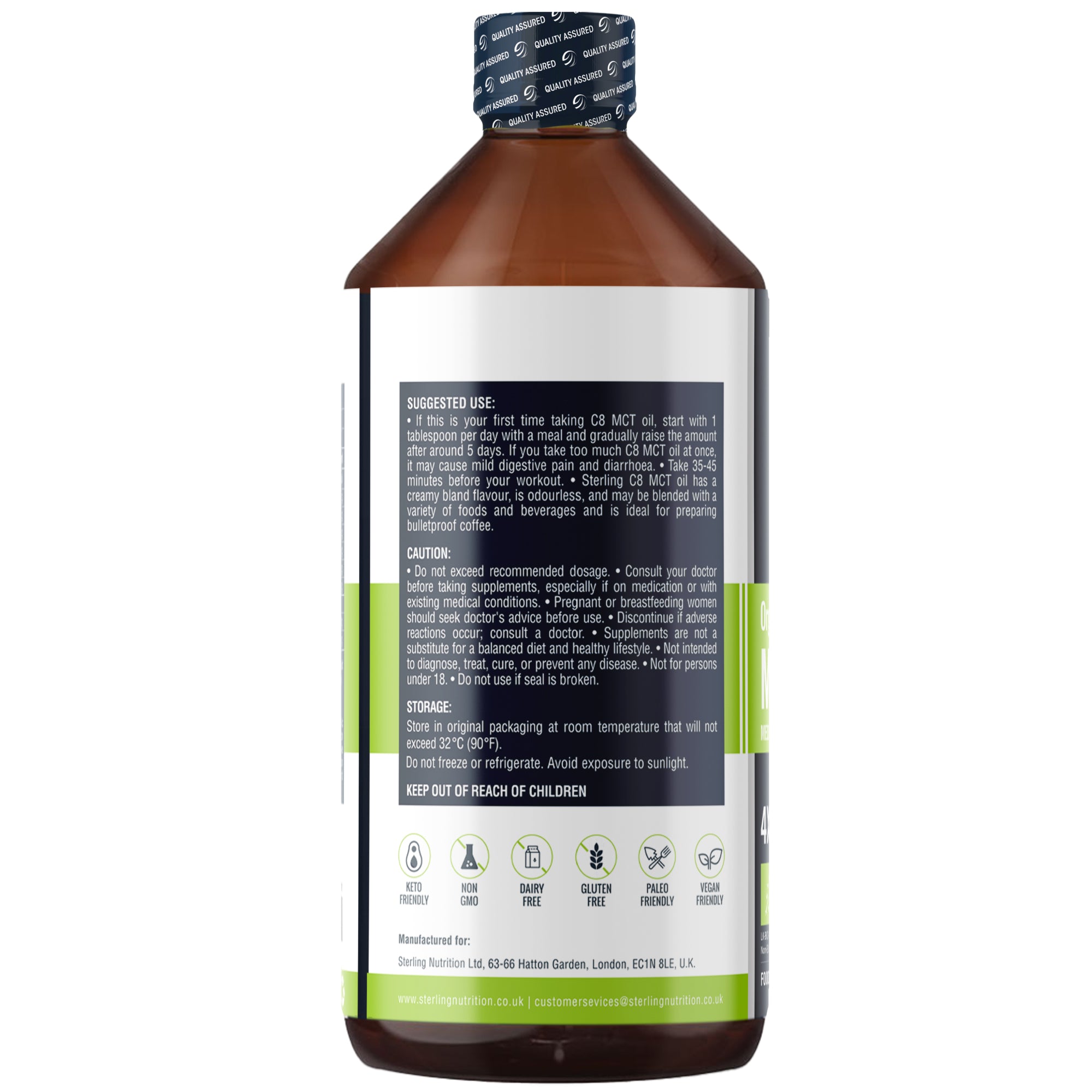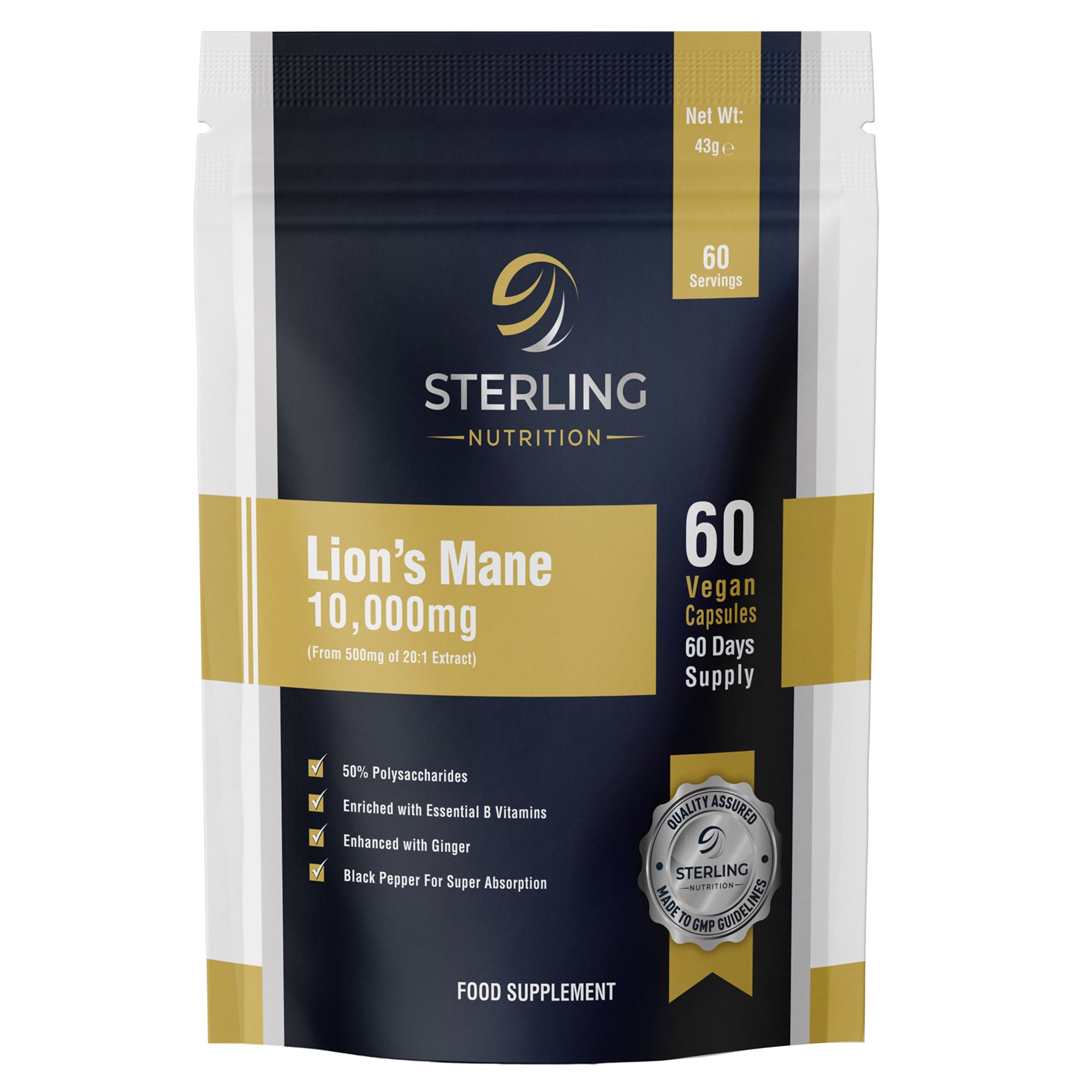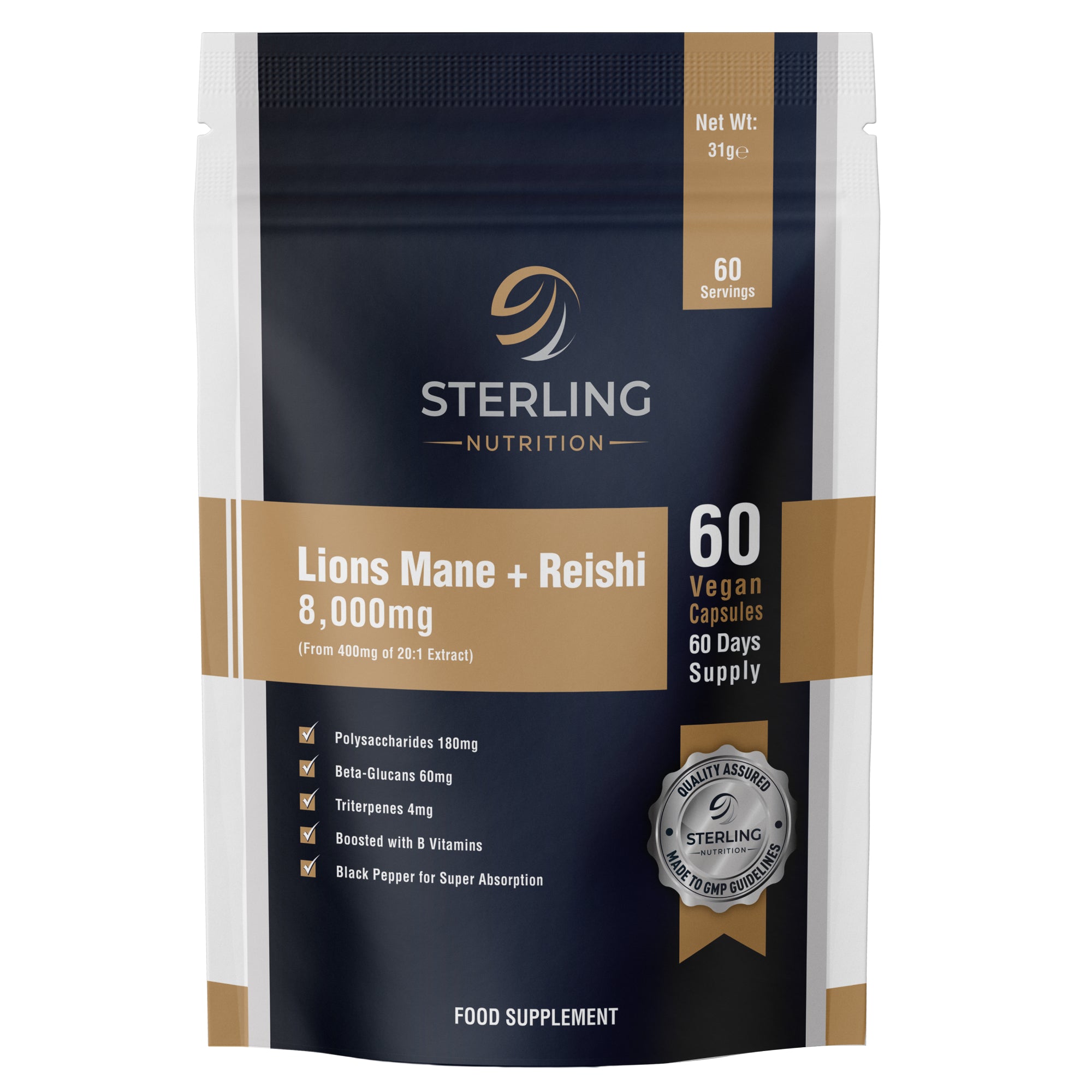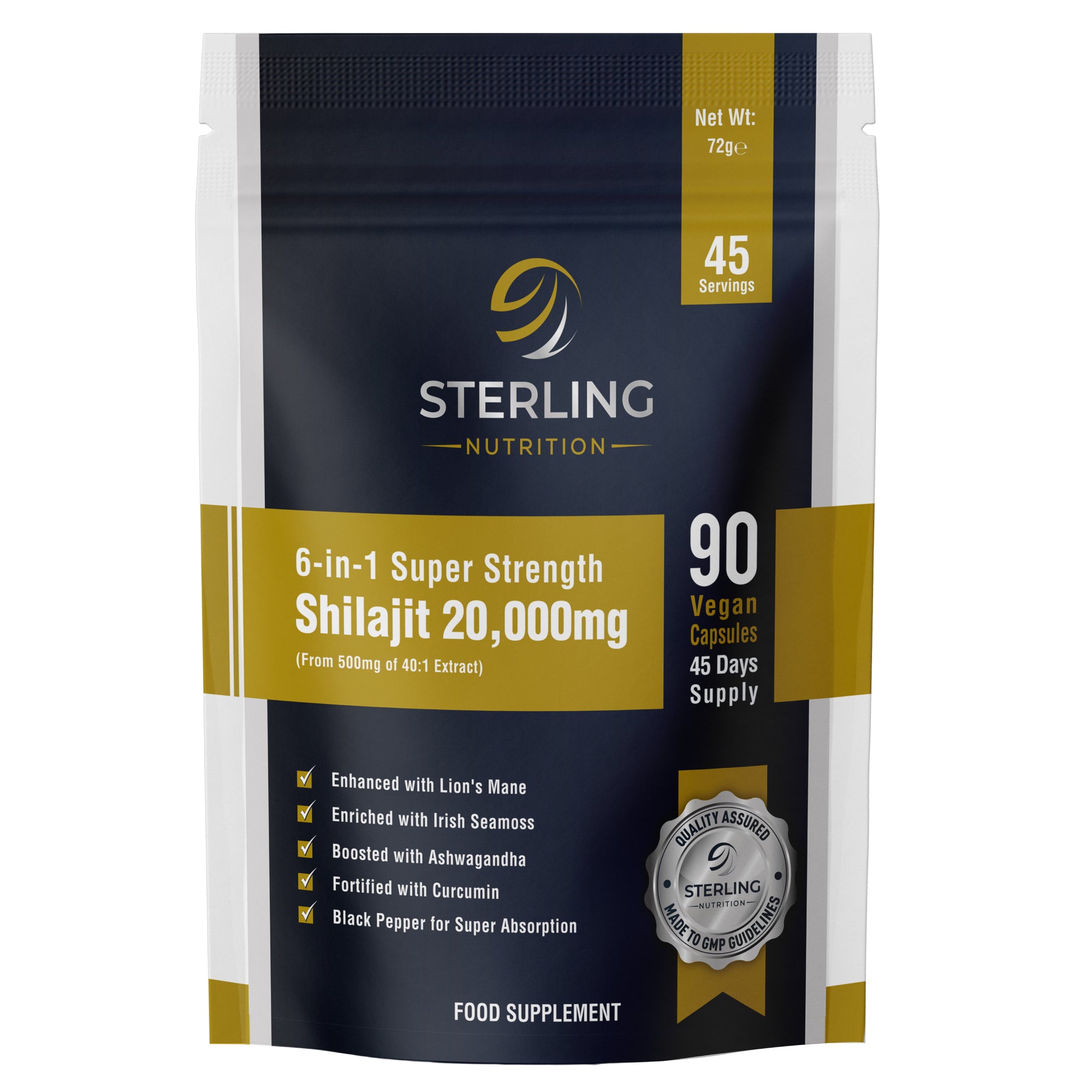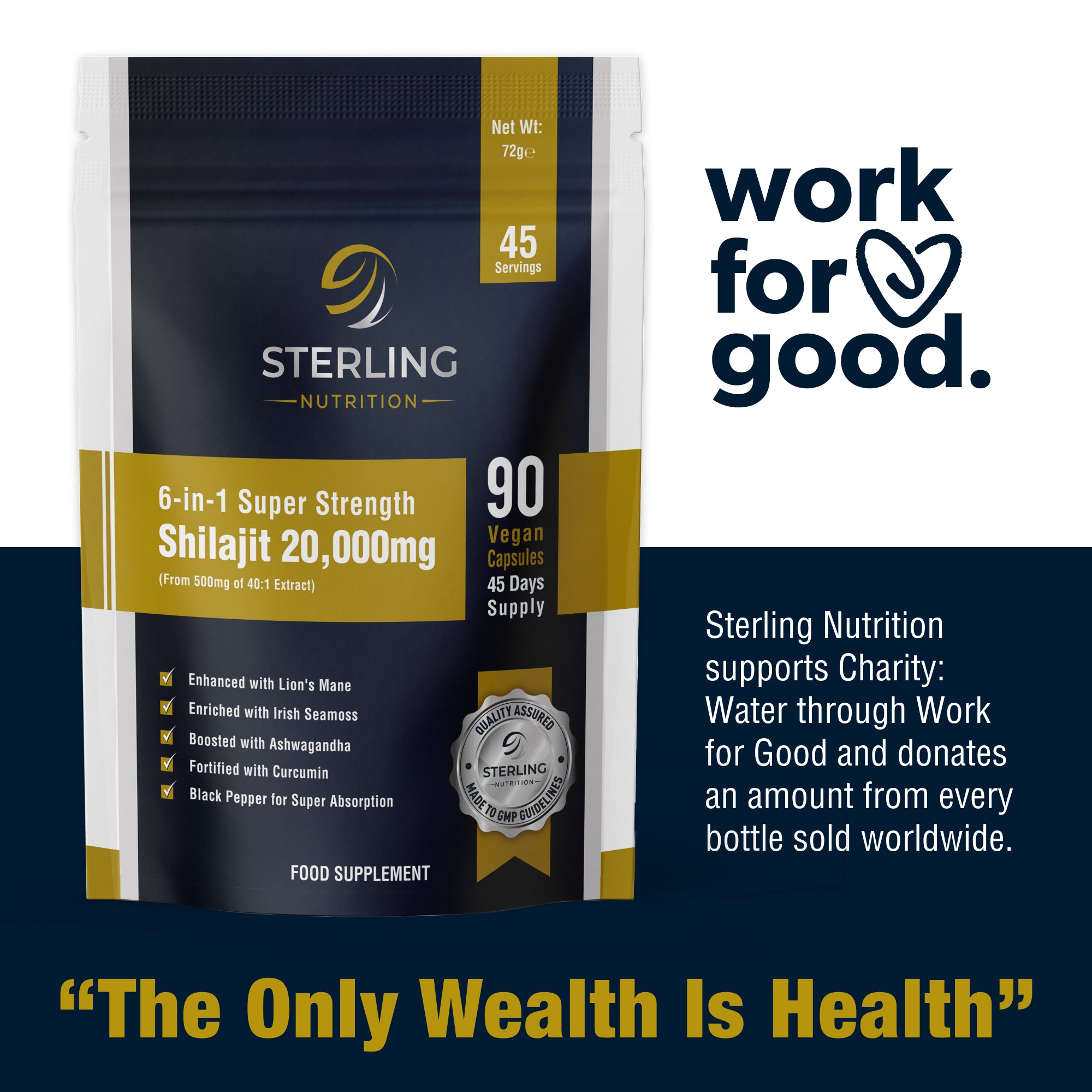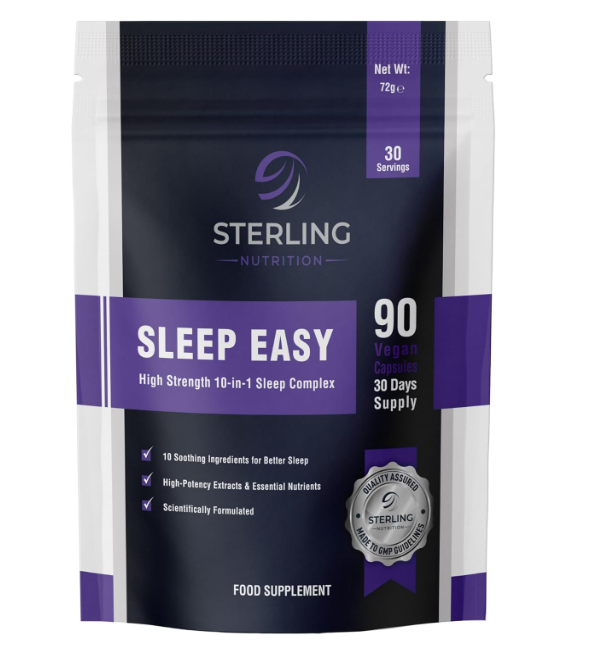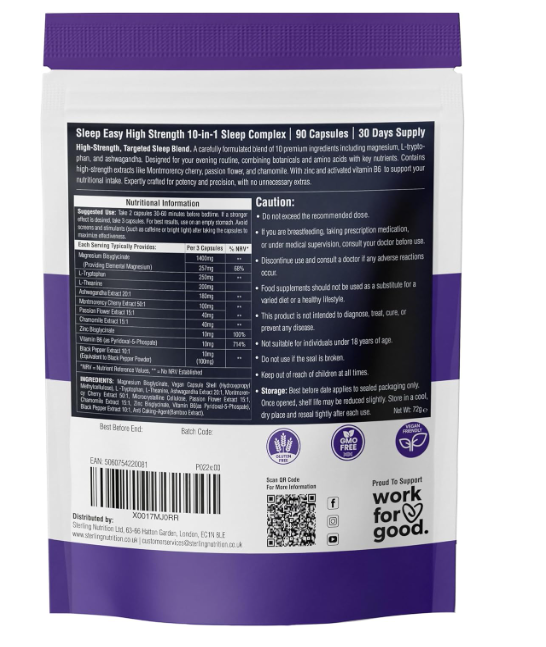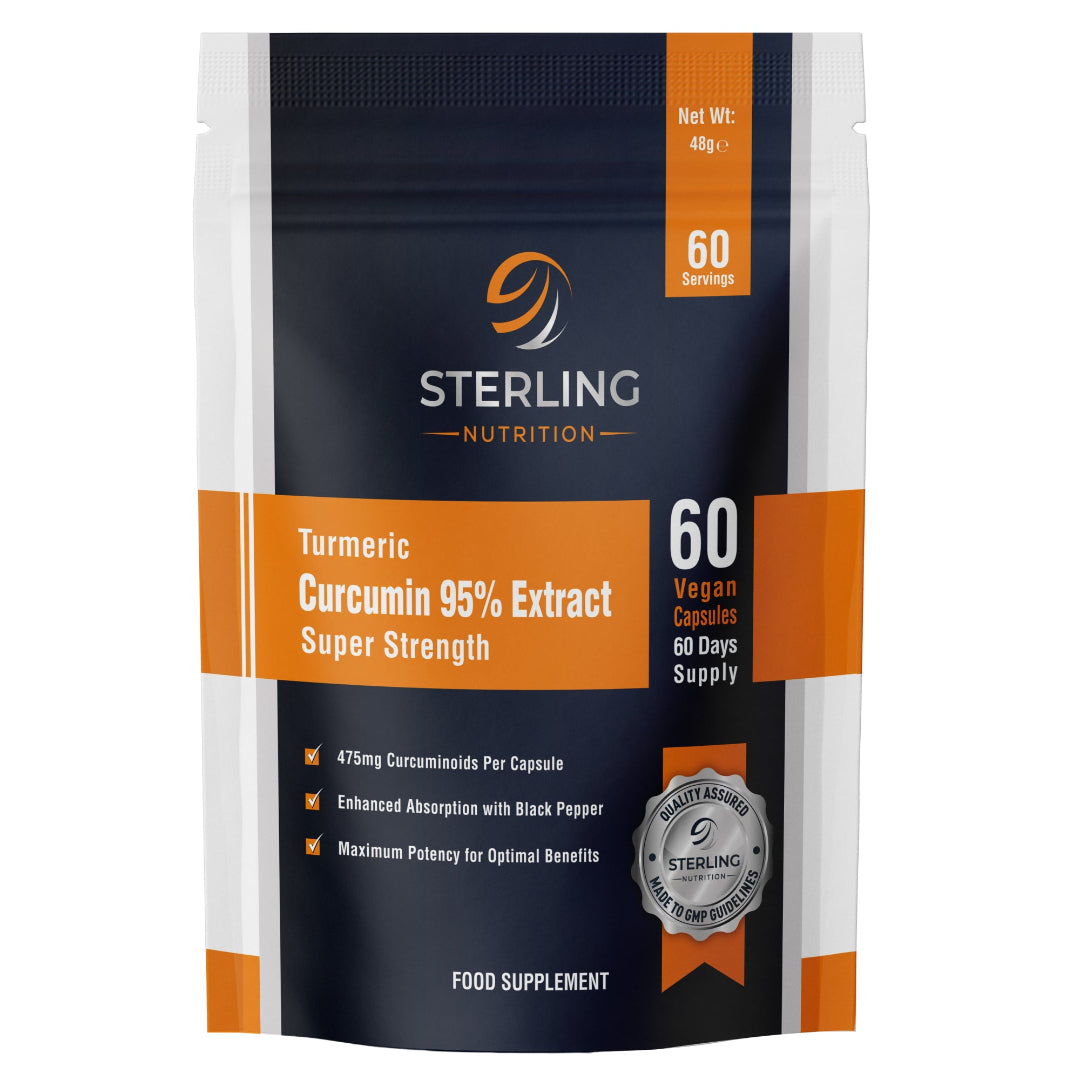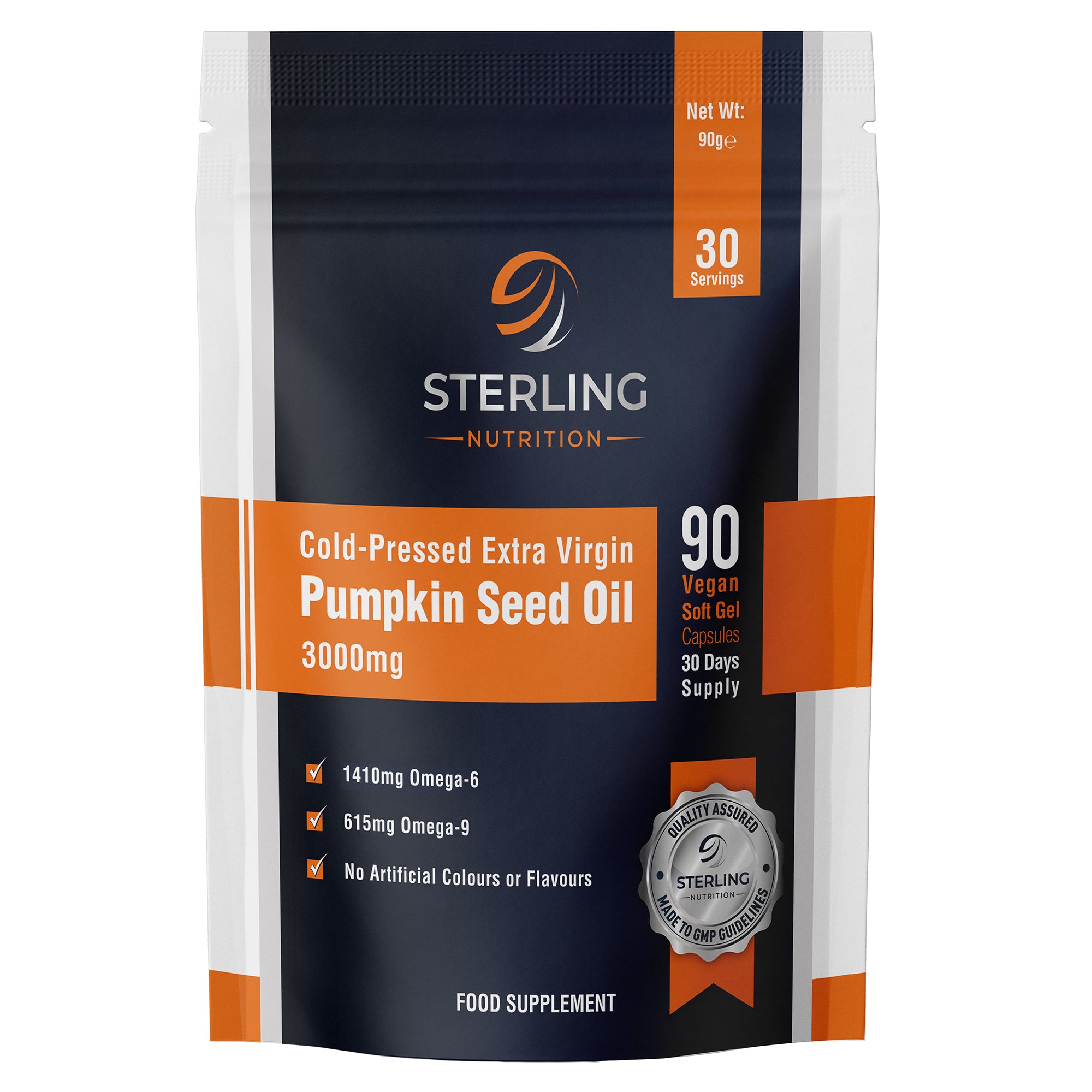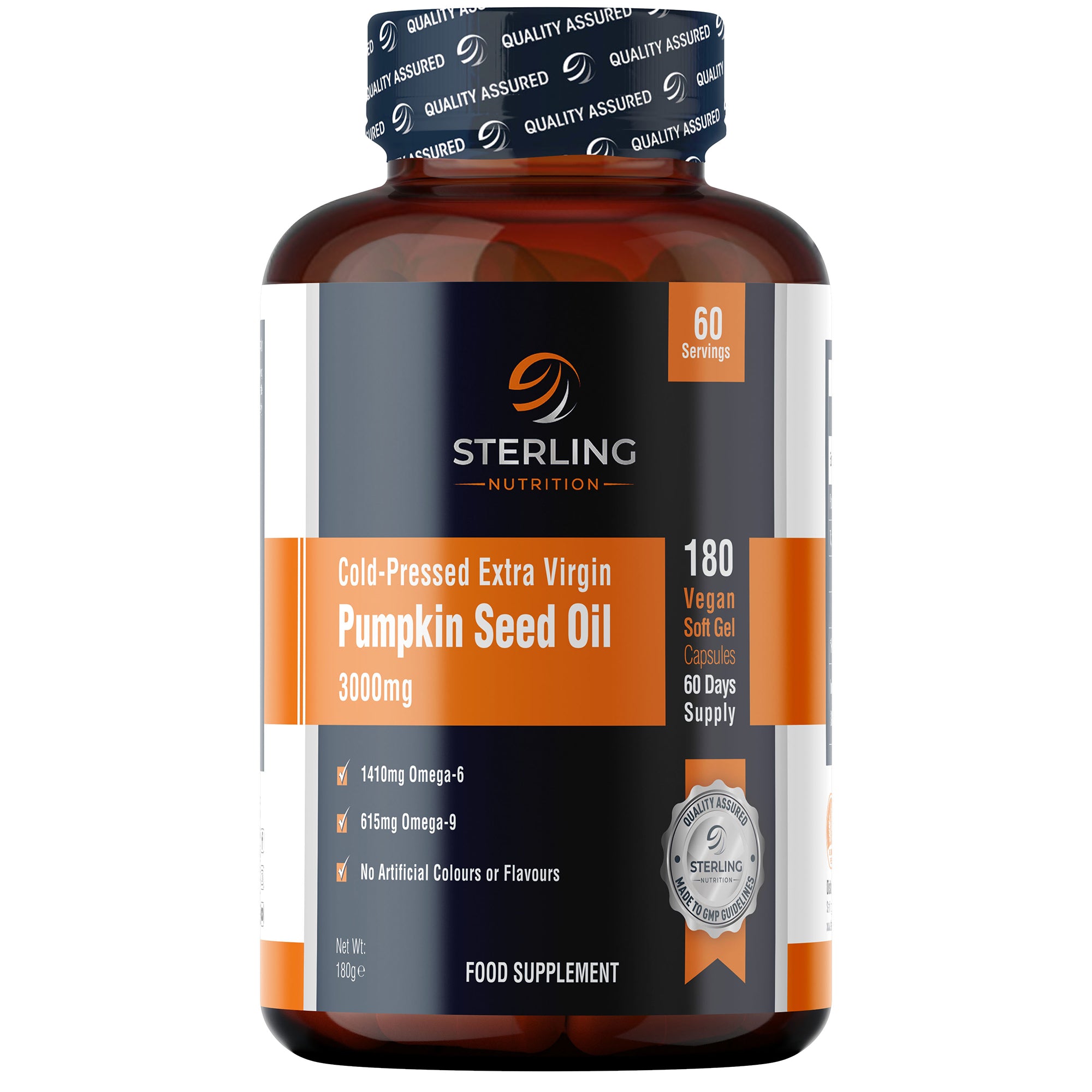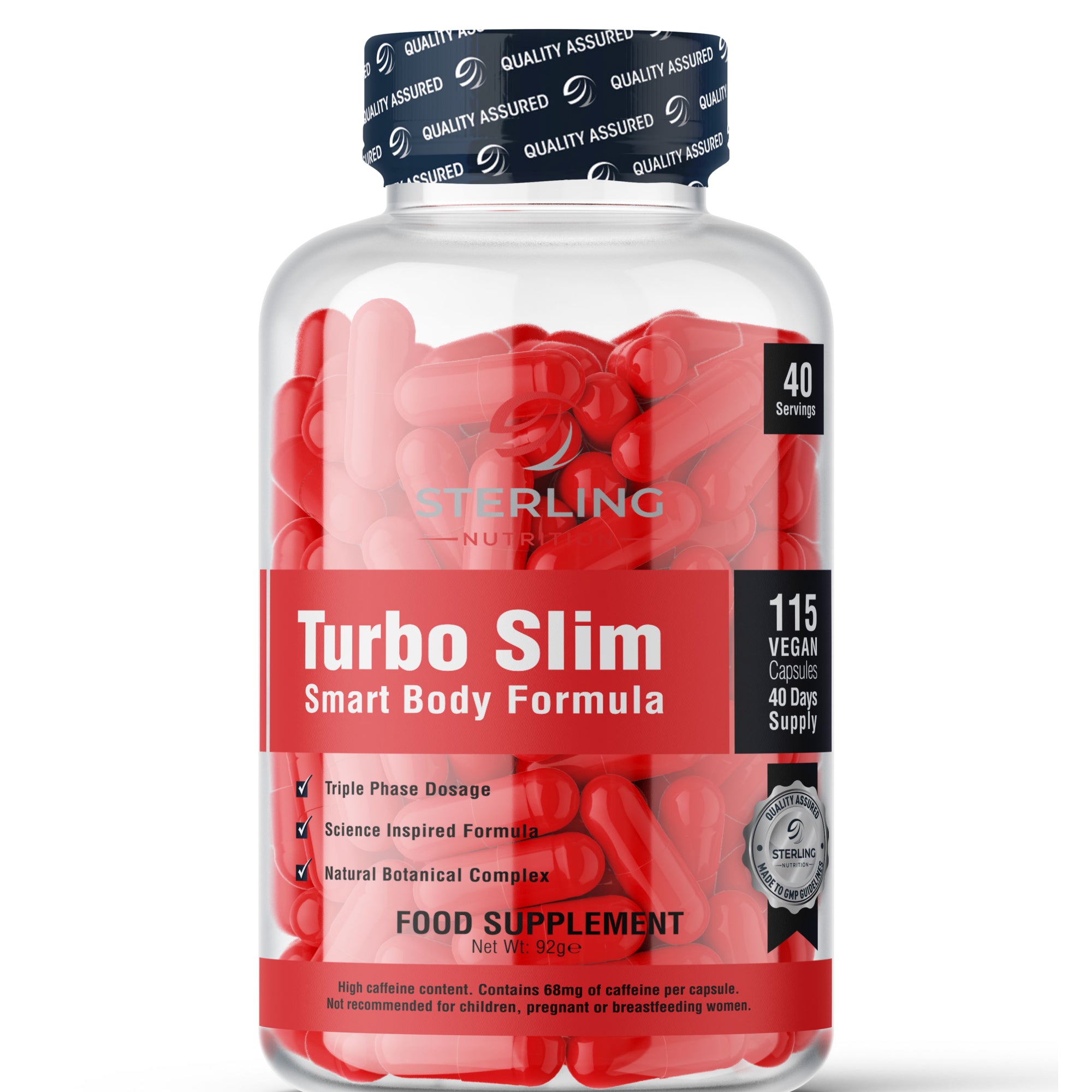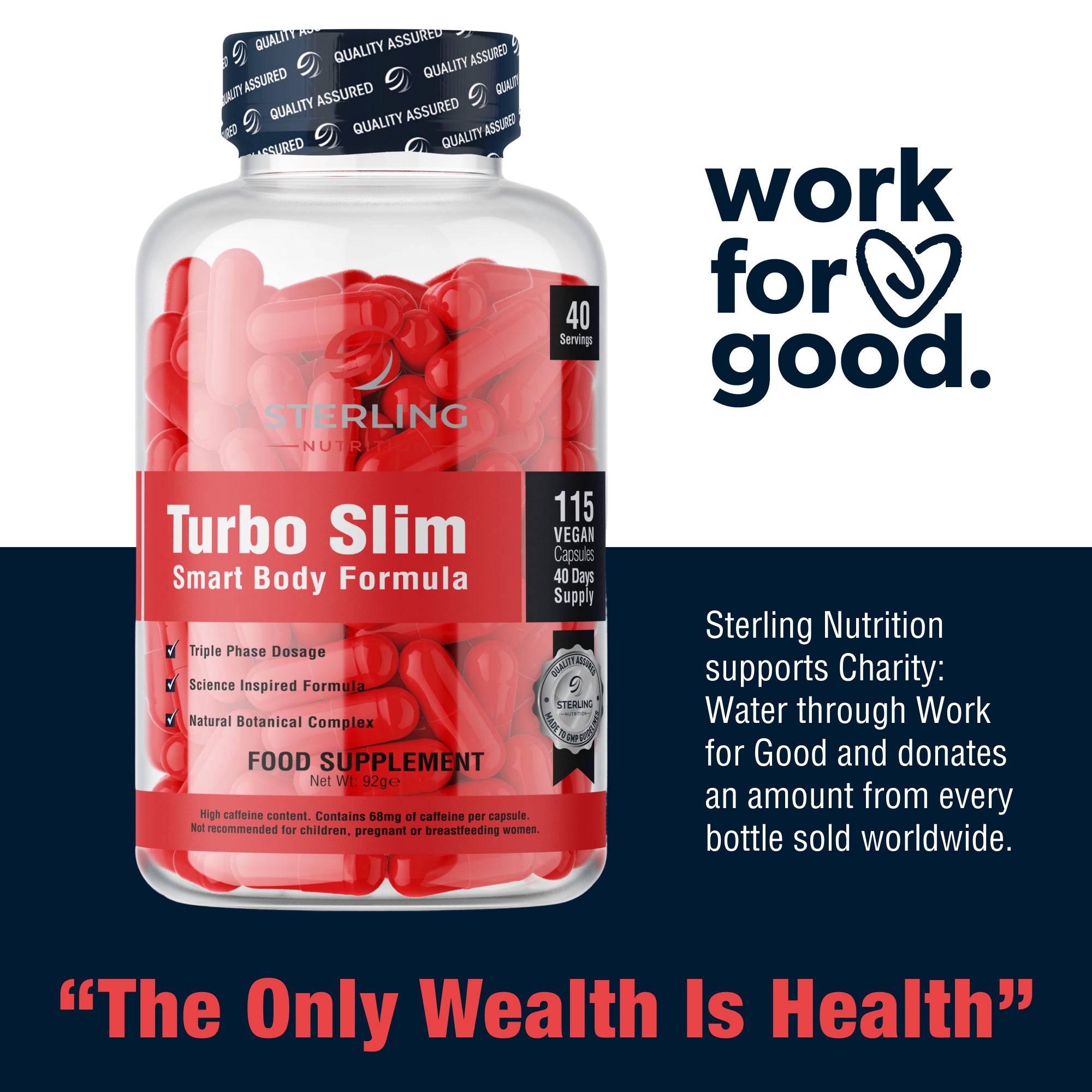
Things You Need To Know To Choose a Dietary Supplement

10 years ago, everyone thought it strange and dangerous to take supplements (there were rumors that as soon as you stop taking them, your health deteriorates sharply).
Now everyone seemed to be hooked on them. Many nutritionists are sure that if a person eats five vegetables and fruits every day, then he/she will lead a healthy life. But for a modern person, it seems too complicated and it is better to take a supplement than so many healthy products.

But before choosing a supplement for us we need to know what food supplements are, who needs them and how to choose the right health pills.
Let’s Start From The Basics
Food additives, according to legislative norms, are concentrates of natural or identical to natural biologically active substances, which are offered for direct intake or addition to food products to enrich the diet with useful substances. The main thing to remember is that dietary supplements are not a medicine and rather refers to food products.
These include not only vitamins, but also various trace elements, minerals, probiotics, and enzyme preparations.
Why Choosing The Right Supplement Is Important
If dietary supplements are made from the natural product, so why their proper selection is so important? This question may come to the mind of many people. You must know that supplement manufacturers can go for various tricks to increase sales: for example, they use a recognizable package design or a name similar to a popular drug.
In addition, pharmacies can play along with them: there have been cases when in some pharmacy chains pharmacists are forced to impose dietary supplements on customers instead of drugs.
There are many known cases of severe allergic reactions. The rule of thumb is that the treating physician should know if the patient is taking any supplements.
Unscrupulous manufacturers can add real medicinal or even prohibited substances to dietary supplements to enhance the effect, but this will not be indicated on the package. Even the most expensive supplement (“elite”, “premium segment”) does not cure the disease. Here marketers use stereotypes of our thinking. Any proposed dietary supplement, which is presented as produced using unique technologies and from rare natural components, can be replaced by a specialist with a pharmacological drug.
How To Choose A Dietary Supplement?
You need to know the following things before choosing a dietary supplement:
1. Certificate Of Conformity
First of all, a food supplement must have a certificate of conformity and a registration certificate. The additive must be registered and tested at the laboratory. The products are checked for the presence of poisonous or narcotic substances, as well as plants that are not used in official medicine.
2. Pay Attention To The Ingredient Label
When choosing, you need to pay attention to the label. First of all, it must have a complete ingredient composition, including excipients. Further – a single and daily dose of consumption. It is important to pay attention that the label also contains instructions on the inadmissibility of self-exceeding the dosage, as well as a warning about the need to keep the drug out of the reach of children and the expiration date. The label must show the address and the name of the manufacturer.
The nutritional supplement packaging cannot contain information about any possible therapeutic action but only indicates what nutrient this product is registered as a source of. Sometimes cunning manufacturers describe in the instructions what positive effects the components of dietary supplements can have on the body, based on their traditional use (for example, in nutrition). This can give the consumer a false sense of the healthiness of the product. So it is important to check the ingredient lists before blindly follow the instructions mentioned on the label.
3. Take The Test
Before buying supplements, take a vitamin and trace element test. It is possible that you do not need dietary supplements at all. A vitamin test takes no more than a day, and a comprehensive trace element test takes about a week.
4. Contact A Doctor Before Buying Any Supplement
Although dietary supplements are not drugs, they should be prescribed by a doctor after a laboratory examination.
This is especially true when it comes to vitamins and micro-and macro-elements. What does the patient need? Vitamin D, potassium, calcium, magnesium, zinc, or something else? There are also tests for gut microbiota or omega-3 index. This will allow you to assess in what dose and in what regimen you should take dietary supplements.
5. Proper Dosage
The main mistakes in self-administration are the wrong dosage. This is often the case with vitamin D or omega-3 supplementation, as patients are taking less than the required dose and, consequently, supplementation does not have the desired effect. Also, iron supplements with vitamin C are not always used. Or, they take all dietary supplements in the morning or at other times of the day without taking into account the frequency.
The doctor must prescribe not only the dosage but also the regimen: morning-afternoon-evening, frequency, method of administration, compatibility with other drugs. Each food supplement has its own method of application and, if there are no contraindications, the doctor is guided by these very recommendations.
Let’s Sum Up
To stay away from these types of experiences, you need to consult your doctor and buy the supplements from authentic manufacturers. You must know that dietary supplements must not be used as a substitute for a balanced diet and a healthy lifestyle. They just support you in achieving the desired results.
If you are breastfeeding or pregnant, please consult a doctor or healthcare professional before use.
Click Here: Buy Supplements Online
